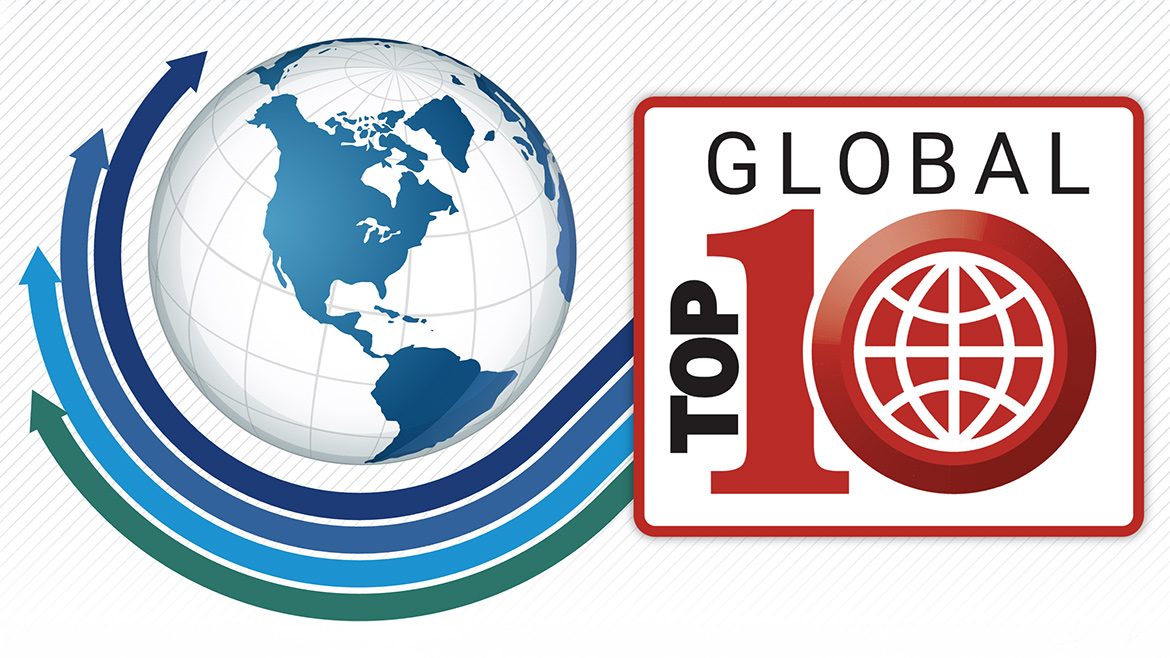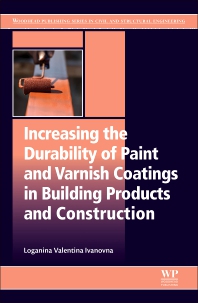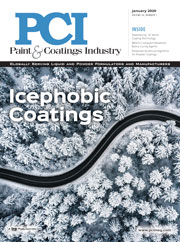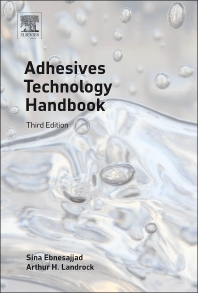ASTM Weathering and Durability Committee is Developing Uncertainty Evaluation Standard
W. CONSHOHOCKEN, PA — A proposed new ASTM International standard will improve the accuracy and usefulness of radiometry-related uncertainty estimates in a wide range of fast-developing solar renewable energy applications, such as system performance and acceptance testing, resource assessment and solar energy system design engineering.
The proposed standard, ASTM WK 36479, Practice for Uncertainty Evaluation of Calibration and Measurements with Pyranometers and Pyrheliometers, is being developed by Subcommittee G03.09 on Radiometry, part of ASTM International Committee G03 on Weathering and Durability.
“The emerging importance of solar energy conversion systems in the U.S. and world energy economies requires accurate statements of uncertainty in the assessment of available solar radiation resources, which impact conversion system design and performance data,” said Daryl Myers, Chairman of G03.09, and recently retired after 33 years of service at the National Renewable Energy Laboratory. “These measurements are based on solar radiometers of widely varying design and performance. A common frame of reference for the uncertainty statements quoted by manufacturers will improve user ability to choose appropriate instrumentation and confidence in the data that the instrumentation provides.”
According to Myers, while manufacturers quote accuracy specifications for their instruments, the derivation of these specifications is often unstated or unknown. The proposed standard will provide the means for manufacturers to develop uncertainty statements in a documented fashion.
Myers says that the task group developing ASTM WK 36479 is looking for active participation from solar radiation measurement manufacturers and solar energy system design and operating engineers.
“G03.09 is active in developing proposed standards related to solar radiometry for indoor and outdoor weathering and durability testing, solar energy conversion system testing, and measuring optical properties of materials,” said Myers. “Experts in these areas are always invited to make contributions to developing and/or revising standards to meet the needs of these manufacturing and research communities.”
Looking for a reprint of this article?
From high-res PDFs to custom plaques, order your copy today!






